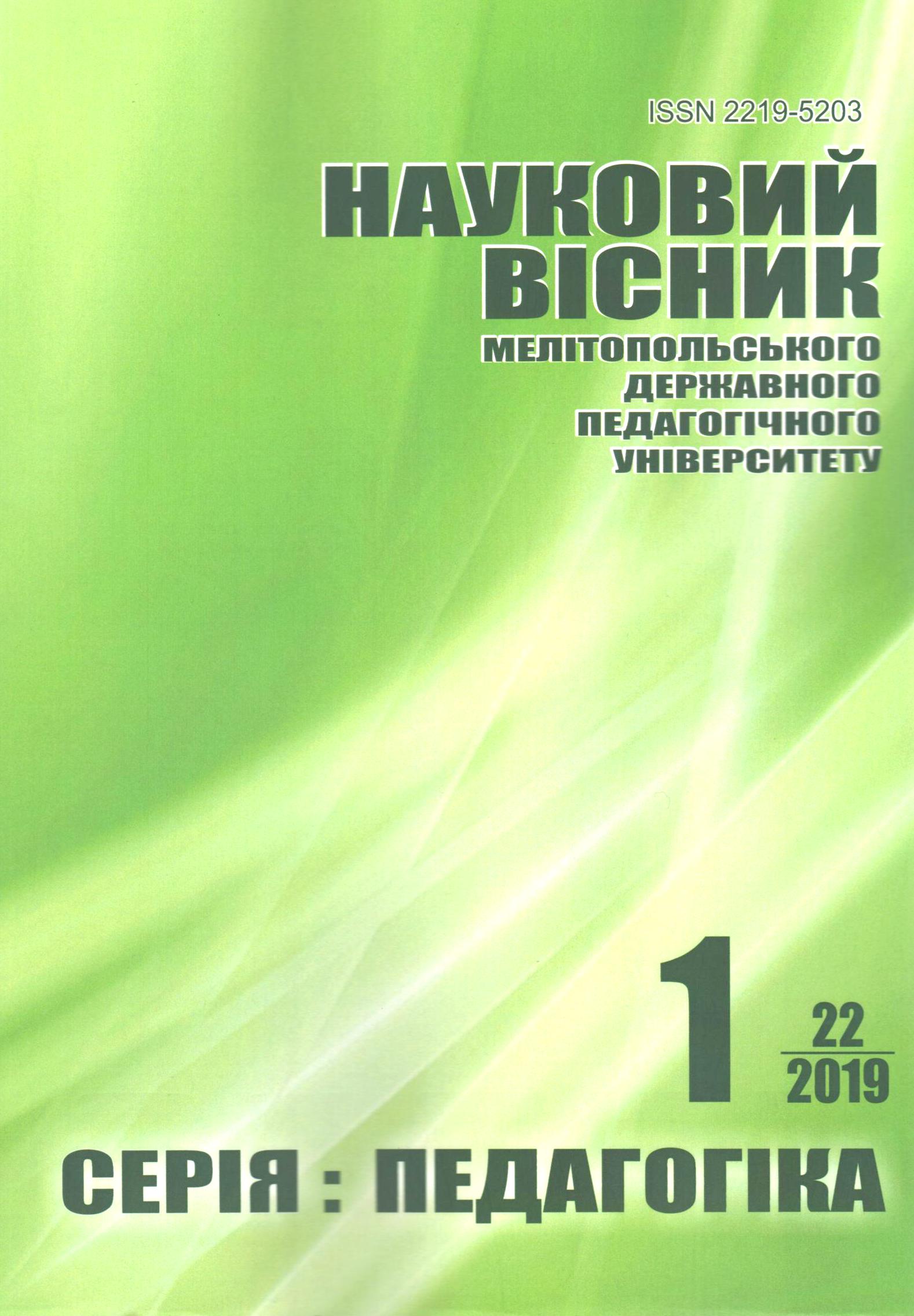Theoretical and methodological foundations of an experimental study of the speech development of primary school students with dysgraphia
Abstract
The article analyzes the theoretical and methodological foundations of optimizing correctional work with primary school students with dysgraphia. It is noted that the speech development of primary school children with difficulties in writing or its violation depends on the organization of an effective correctional and pedagogical process in institutions of general secondary education, the improvement of which is very relevant and should be based on certain fundamental scientific principles. The researches of scientists from different industries regarding the paradigmatic approach are examined, the concepts of “paradigm” and “approach” are clarified. The analysis of philosophical, psychological and pedagogical literature was carried out, which made it possible to explain the research problem from the perspective of a polyparadigm approach. It is noted that a polyparadigm approach as a component of the strategy of integrated work with the speech development of primary school students with dysgraphia has not been theoretically developed. It is emphasized that the combination of two educational paradigms, anthropological and humanistic, is a priority




